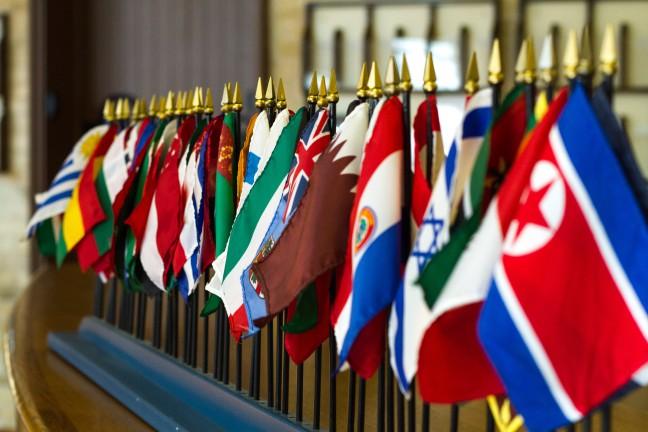The University of Wisconsin Study Abroad office sent students attending Spring 2022 study abroad trips an email Monday, Nov. 29 explaining how programs are reacting to the rise of the Omicron variant of COVID-19.
No changes to programs have been finalized, according to the email. The UW Study Abroad office, however, has strongly encouraged students to get booster shots prior to their departure.
According to Director of Communications for the International Division Steven Barcus, UW Study Abroad does not currently intend to cancel programs for Spring 2022. The office and university will continue to monitor conditions globally and at program sites.
“The definition of ‘fully vaccinated’ in many countries could change to include a booster or second and third dose (depending on vaccine) at some point before or during study abroad programs, and access to boosters for studying abroad may vary well per location,” Barcus said.
UW student Elyssa Seltzer is planning on going to Paris this spring through the Council of International Educational Exchange, an affiliated program of UW study abroad. Seltzer said her classes will be online which makes her less scared of the variant.
Seltzer said she is more concerned about getting sent home from her program than not getting to go in the first place. Since she has opted to do online classes through an American program, she will be able to continue her classes back in the United States.
“Me and along with a lot of other people I know are no longer subleasing our rooms in the event that we do get sent back and can have somewhere to live and don’t have to live at home for the rest of the semester,” Seltzer said.
Barcus said that even during the onset of the COVID-19 pandemic when program participants were sent home from locations worldwide, almost all students were still able to receive academic credit through their programs.
Though it is impossible to predict how pandemic regulations may change, International Academic Programs consider deadlines that allow students to recover costs, in case a change is made to planned programming, Barcus said.
Barcus also emphasized the record numbers of applications for studying abroad this Spring, even in comparison to pre-pandemic years.
“We are pleased to see students adding an international dimension to their UW–Madison experience and expect to offer even more opportunities to do so in the coming semesters,” Barcus said. “This reflects an overall enthusiasm by students to re-engage the world and enhance their own academic and professional interests.”


